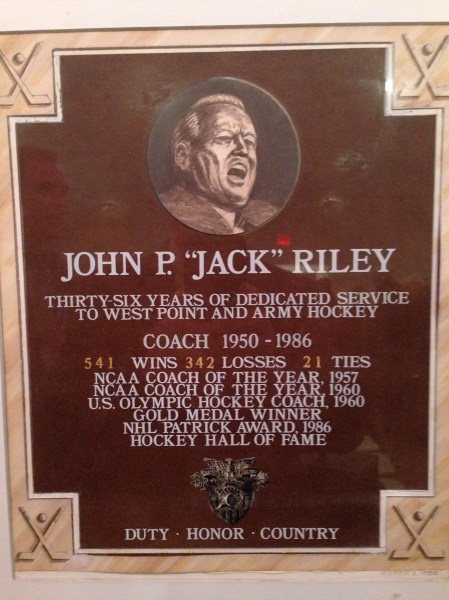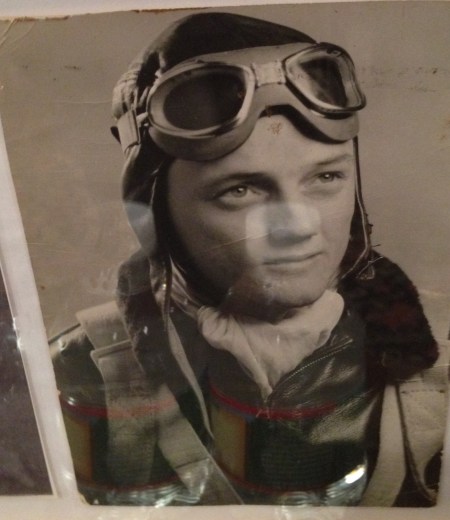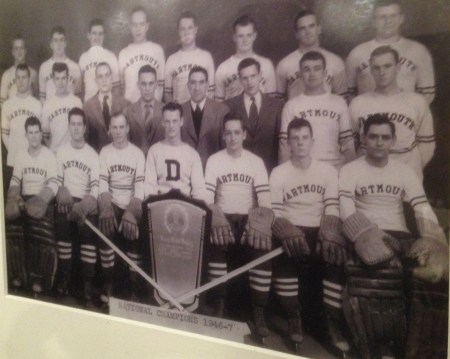 Our book was published a little over a year ago. I just have to share the email (below) that I received from Shauna Sullivan McDonald. She is the daughter of Charlie Sullivan, Boston College Class of 1942.
Our book was published a little over a year ago. I just have to share the email (below) that I received from Shauna Sullivan McDonald. She is the daughter of Charlie Sullivan, Boston College Class of 1942.
This is why I love writing stories about people – whether they are athletes or not.
Charlie was the oldest former player whom I interviewed during the course of my research. He is, I am quite sure, the oldest living BC hockey alumnus. My co-author Reid Oslin interviewed Bill Hogan, Class of 1933, who lived to the age of 100 and who, unfortunately, did not live to see the book published.
Bill Hogan was the true founding father of Boston College hockey. He was class president in 1932-33. Hockey had been curtailed at the school due to the Great Depression. He persuaded the administration to revive the sport, and he recruited John “Snooks” Kelley to be the coach.
Charlie Sullivan came along a few years later. He was on a team that had three great players — Ray Chaisson, Fishy Dumond, and Johnny Pryor — and a bunch of scrubs including Charlie. In 1941, with World War II looming and knowing that he’d be called to service, Charlie didn’t come back to school in the fall. He waited around, but wasn’t drafted right away.
He happened to be on the campus one day when one of the priests saw him and asked why he was not in school. Charlie told him, and the good father promptly ordered him to report to the dean and to the athletic department.
Charlie played most of that 1941-42 season before the army came calling. His last game was on February 7 when the Eagles lost 7-2 to Dartmouth. Charlie wasn’t around at season’s end for BC’s first national championship. They won the George V. Brown Memorial Trophy as the top amateur hockey team in the country, besting the High Standard, Massena, and Saint Nick’s Hockey Clubs in the National AAU Tournament.
Charlie was just full of stories about his BC days. The team practiced only a few times a week, very early in the mornings at Boston Arena. Frequently, the practices were scrimmages against BU or Northeastern. The players would pitch a quarter each into a pot. The winners would use their money to buy breakfast at the White Tower restaurant on the way back to class.
The all had jobs on the side — usually at the Post Office or in supermarkets — while playing hockey and studying full time. For extra money, they’d sell pints of blood to the Red Cross.
Yes, times were different then. It was a privilege to be able to tell the stories after speaking with someone who lived through them.




